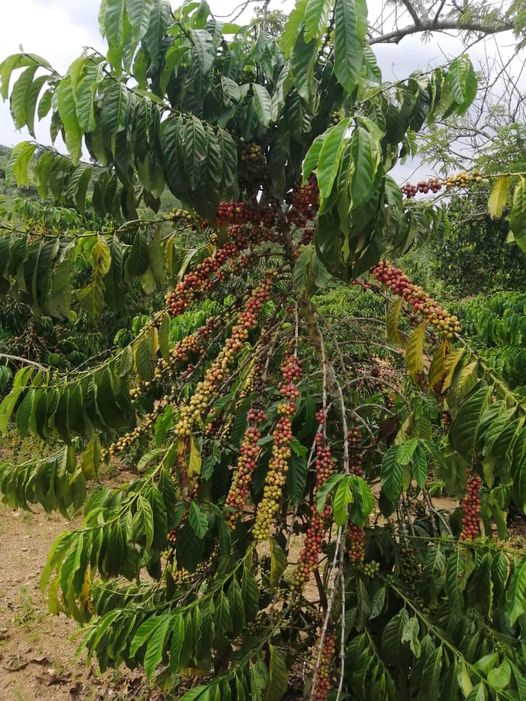#OutToLunch Government can grow coffee and sell to Vinci
By Denis Jjuuko
In just 14 pages, A4 size, independent Uganda gave away perhaps the most generous concession ever on any agricultural product, taking back the country to the days of the Imperial British Company – a colonial enterprise that subjugated farmers and the entire population and left previously wealthy nations in abject poverty.
The ministry of finance entered into an agreement with controversial businesswoman Enrica Pinetti — she, you guessed right, of Lubowa International Specialized Hospital to be the sole buyer and exporter of Uganda’s coffee. After collecting tons of money in promissory notes and other forms, Enrica is still struggling to build a plinth wall. The ministry of finance claimed, of all things, that “heavy rains” have delayed the project!
The agreement as controversial as the so-called investor will see her company Uganda Vinci Coffee Company, a novice in the sector (and we heard registered on the same day the agreement was signed), given “priority of supply of coffee….before registering any contract or acknowledging any arrangement for the export of coffee beans (including screen 18 and above), so that the company will have ample supply of coffee to sustain its operations.”
Vinci claims that it will build a 60,000-tonne capacity plant in Namanve starting with a paltry 27,000 tonnes but the agreement is silent on when Vinci will grow its capacity to the 60,000-tonne mark. I highly doubt that they will ever get anywhere close to the promised capacity and there is no clause in the agreement that penalizes them if they don’t.
In the year ending October 2021, Uganda exported 6.55 million 60kg-bags translating into 393,000 tonnes. Vinci will only be able to process, if they ever build the plant, a paltry 6.8% for which they get a concession similar to those given to British companies during the colonial period. The rest of the coffee, Vinci will just export for the next 10 years without remitting any taxes and determining even the price of electricity they will consume.
The other laughable clause in the agreement is that Vinci will employ a mere 246 workers who they will even disenfranchise by not contributing to NSSF for 10 years. A company employing just 246 workers should never be given control of a sector that employs perhaps a quarter of the country’s population.
The ministry of finance claims that this is the best deal ever for Uganda and “nobody else asked.” I think nobody thought that anybody could sign such an agreement hence the lack of other players with better capacity than Vinci to ask. But Uganda, it seems is the epitome of “ask and you shall be given.” The controversy of such a deal is that Uganda doesn’t own any coffee. If it was oil or some other minerals that belong to the country, nobody would be complaining.
As a smallholder coffee farmer, I pay for everything — seedlings, irrigation, fertilizers, transport, and wages without any support from government. Government should, therefore, not “undertake to take all reasonable measures to give priority of supply of coffee” to Vinci or anybody else as they don’t at the moment own any coffee. Coffee belongs to farmers and therefore government can’t decide who they sell it to.
Let Vinci compete for my beans and I will decide whether I sell to them or the competitor next door. Traders should also decide whether to sell to buyers in Sudan, Germany, China, Italy or anywhere else and not be forced to sell to one company. It takes only 18 months for coffee to mature and become harvestable. I don’t know how long Vinci will take to build her factory but given her performance with the Lubowa hospital project, this will take years to be built if it will ever be built.
As Vinci builds its factory, government can start planting coffee on its vast land (or even acquire more land) which they can then “undertake to take all reasonable measures to give priority of supply of coffee” to Vinci. I don’t think any coffee stakeholder or farmer will raise any finger when beans from the government’s farms are given to a single buyer.
The writer is a communication and visibility consultant. djjuuko@gmail.com










